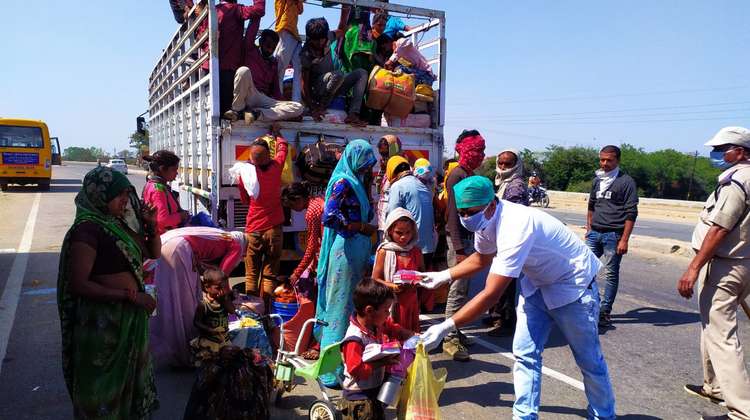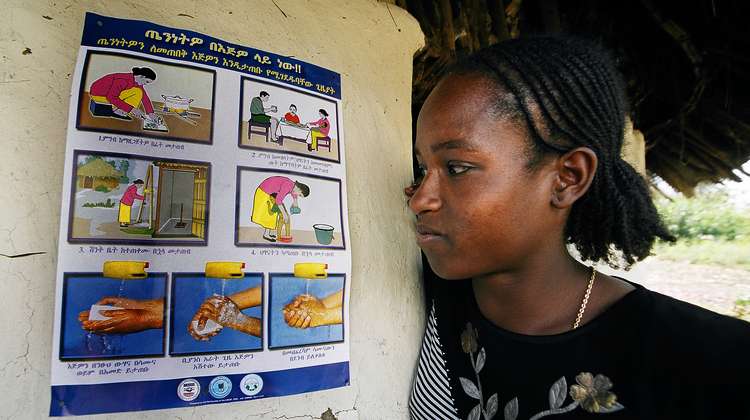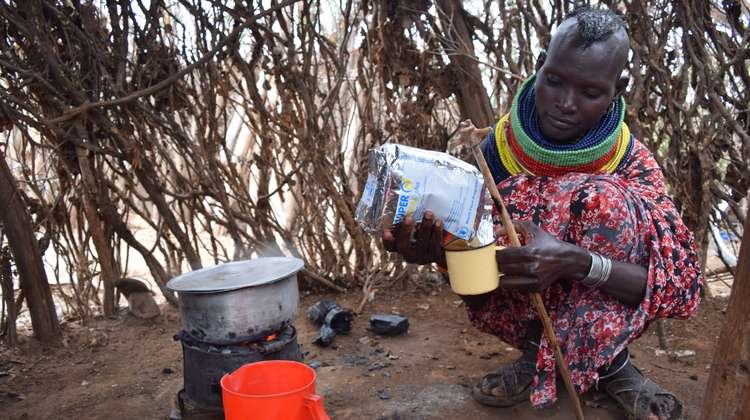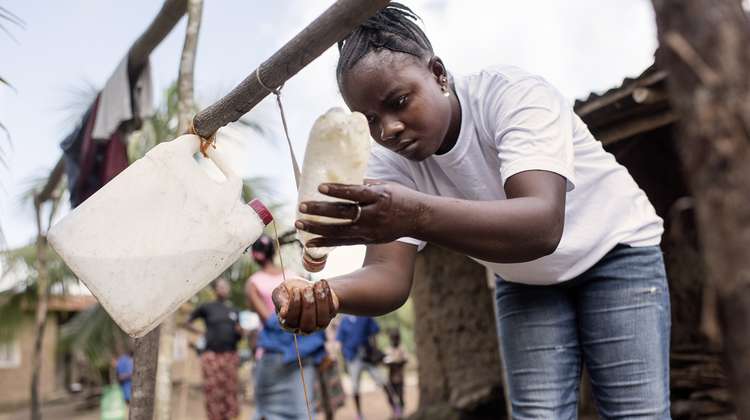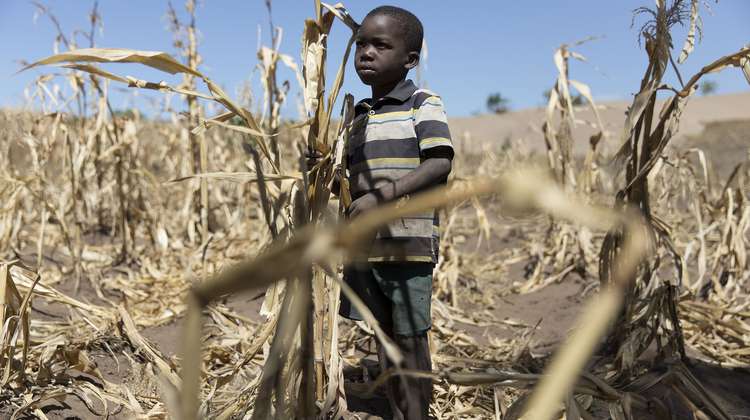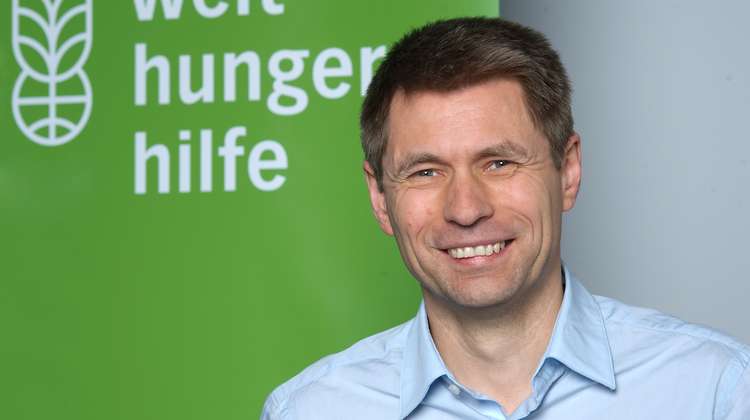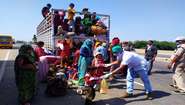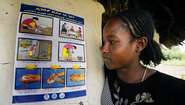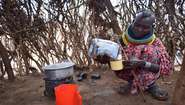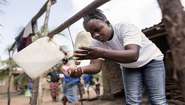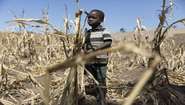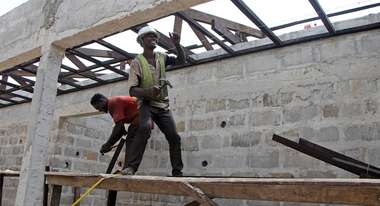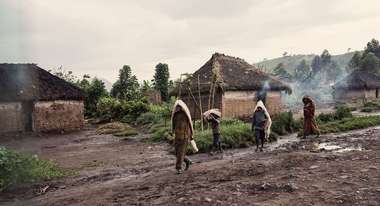Poor Countries Need Additional Money To Fight The Coronavirus
Welthungerhilfe on the publication of new OECD figures: During the Coronavirus pandemic, ODA resources are more important than ever.
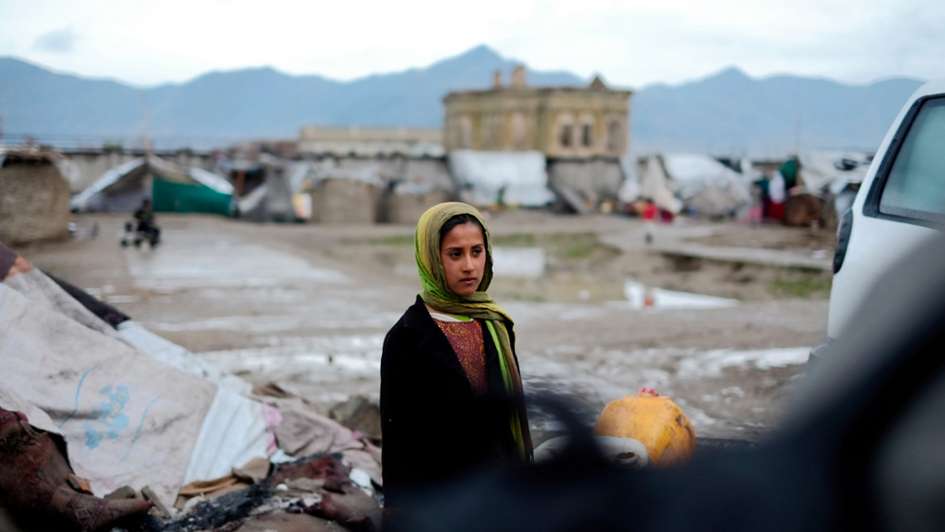
Bonn/Berlin, 2020-04-16 Welthungerhilfe regrets to see that public funding for development cooperation has remained unchanged over the last year. The OECD published the provisional ODA rates (Official Development Assistance) for 2019 today, which calculate financial resources dedicated to development cooperation as a proportion of economic output. With a figure of 0.6 percent, Germany remains at almost the same level as in 2018. An unchanged level of ODA spending is not enough in view of the global Coronavirus crisis, as the need for assistance is increasing dramatically.
“The Coronavirus crisis will be followed by a recession that will probably plunge 14-23 million people into poverty and hunger. A large proportion of people in developing countries are employed in the informal economy and hardly have any social security. The economic crisis is life-threatening for them, especially for women and children. Developing countries now need additional ODA resources so they can also set up a safety net. Otherwise it will be the poorest who pay most dearly. Now is the time to close the gap and meet our international obligation to pay 0.7 percent”, says Mathias Mogge, Secretary General of Welthungerhilfe.
Mathias Mogge, Secretary General, and selected country directors (e.g. on coronavirus and locusts) are available for interviews.
Download Press Images
Usage note: Please note that the pictures may only be used in a Welthungerhilfe context and may not be passed on to third parties. Images must bear the credit copyright "Photographer"/Welthungerhilfe. No long-term archiving. Please delete pictures after use!
Welthungerhilfe is one of the largest private aid organisations in Germany; politically independent and non-denominational. It is fighting for “Zero Hunger by 2030”. Since it was founded in 1962, more than 9,300 overseas projects in 70 countries have been supported with 3.71 billion euros. Welthungerhilfe works on the principle of empowering people to help themselves: from rapid disaster relief to reconstruction and long-term development cooperation projects with national and international partner organisations.





